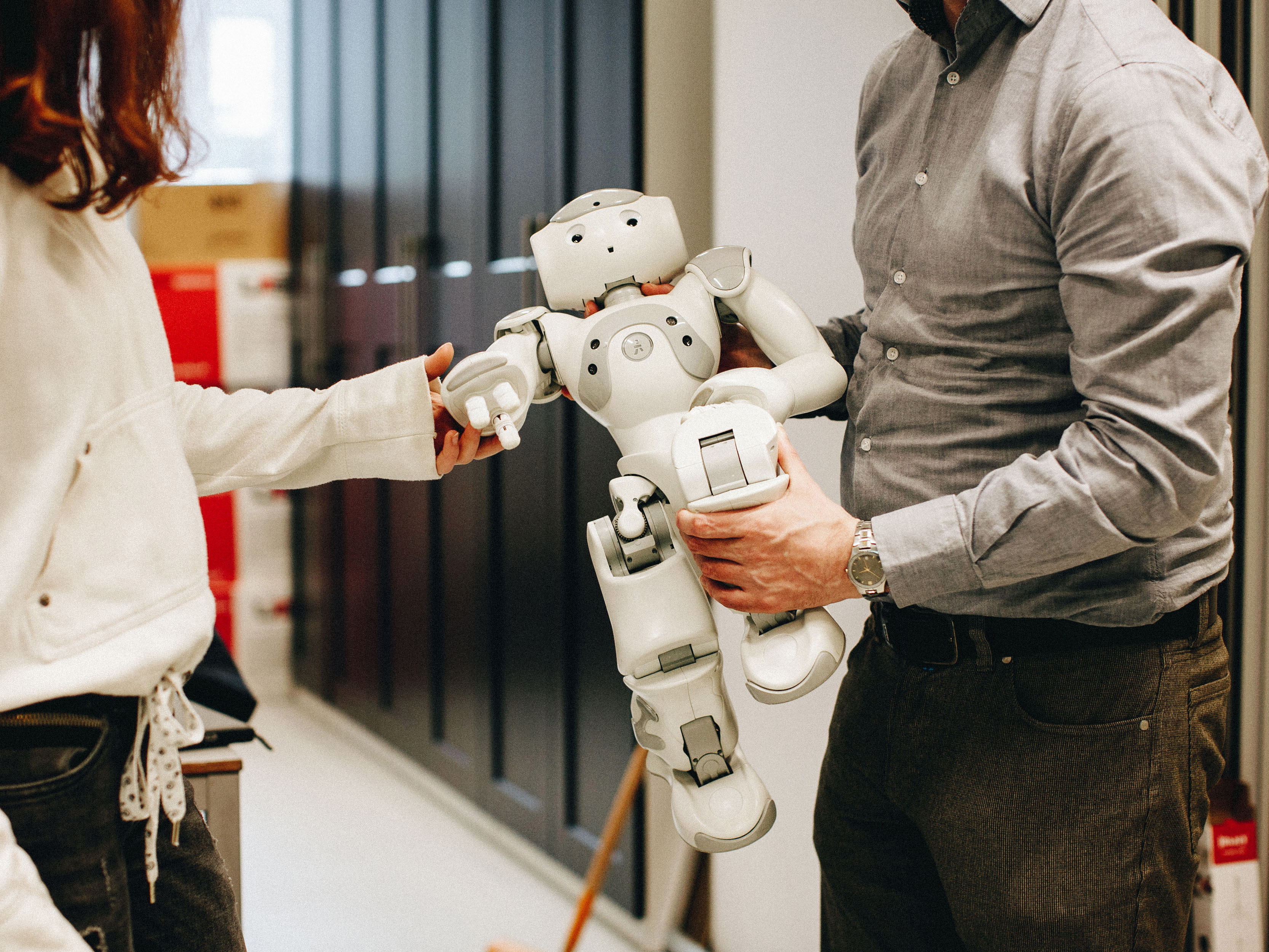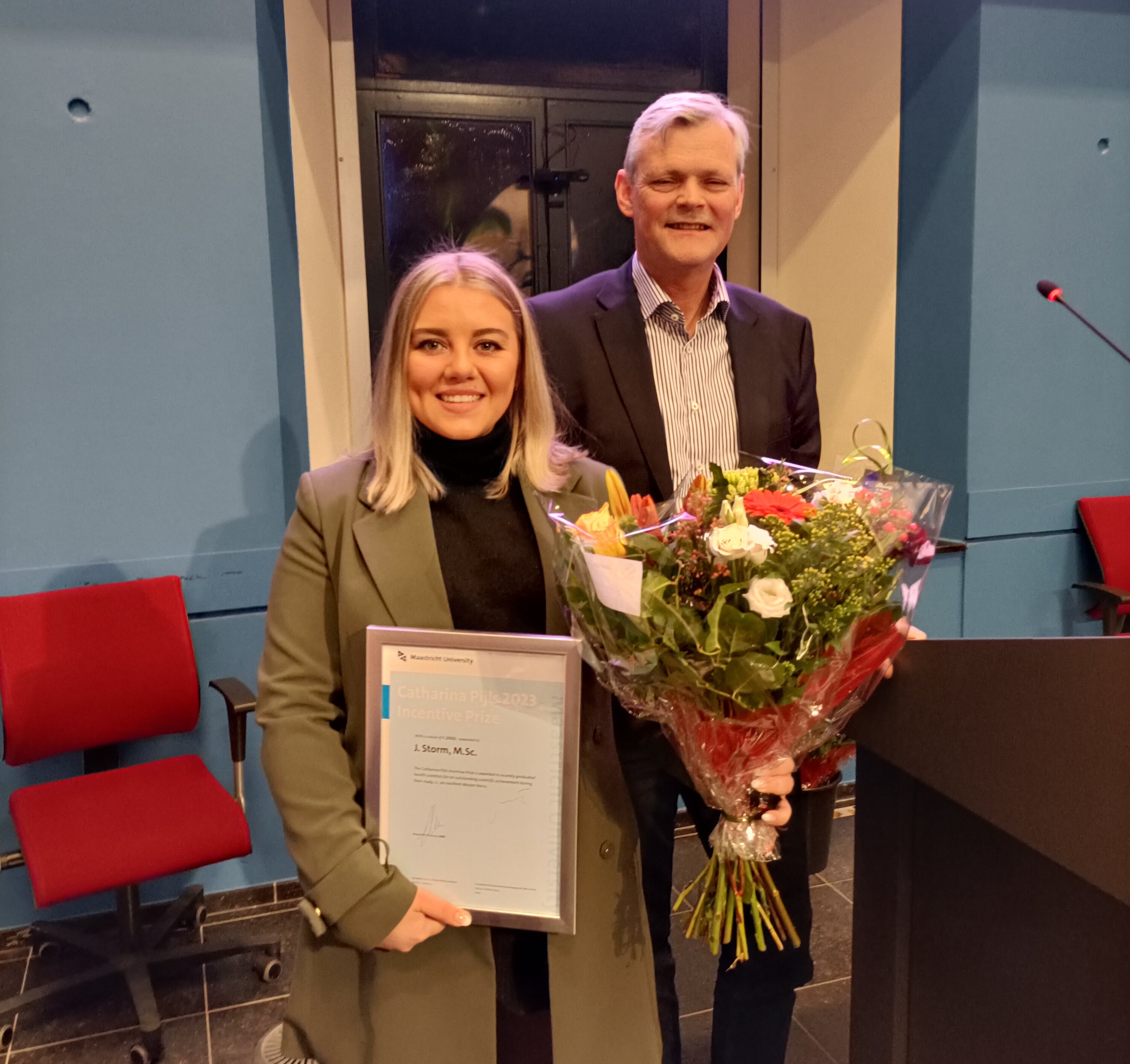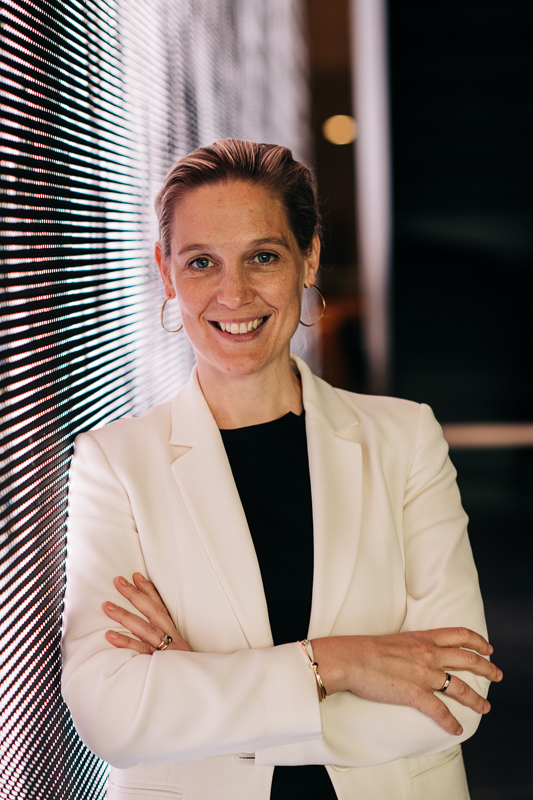“Humanitarian aid gives me a purpose in life”
Alum Alexandra Nizet crossed the Atlantic from the United States specially for the University College Maastricht. Here she became acquainted with the different facets of healthcare and developed a holistic approach to global health. “I enjoyed the many activist student organisations in Maastricht.”
Growing up in the US, she heard about UCM by chance. “I wanted to follow lectures, but we only have these massive courses with up to 500 students. And the curricula are often fixed in advance. My mother, who—like my father—comes from Belgium, happened to hear about UCM. That you have small classes of 11 people at most and can put together your own curriculum. I was immediately drawn to that.”
She opted for a concentration in Life Sciences despite being unsure whether she intended to continue in the field. “I saw that as an advantage. The bachelor’s was exciting because it left doors open. I loved that flexibility and the emphasis on exploring your options. You learned to think across disciplines, solve problems, design research and draw your own conclusions. Those are the skills you need to tackle new things, and I benefit from them to this day. I love new challenges.”
Networks
That freedom of choice at UCM exposed her to the multiple angles from which healthcare can be approached. The focus can also lie on economic, sociological or political and administrative aspects. After graduating, Nizet first worked in a refugee centre in Serbia and later for an environmental organisation in Brussels. She then opted for a master’s in Global Health and Development at University College London. “I took courses in political science, anthropology and public health, which helped me develop a holistic approach to wellbeing and health.”
She is now based in Berlin, working for Doctors of the World, a humanitarian organisation that provides medical care to vulnerable people worldwide. Her appointment reveals the importance of personal networks, she says. “I’d been applying for jobs without much success. But my mother is in a WhatsApp group of French-speaking women in New York, and one of them was looking for someone to come and help Doctors of the World. It’s the kind of organisation I dreamed of joining.”
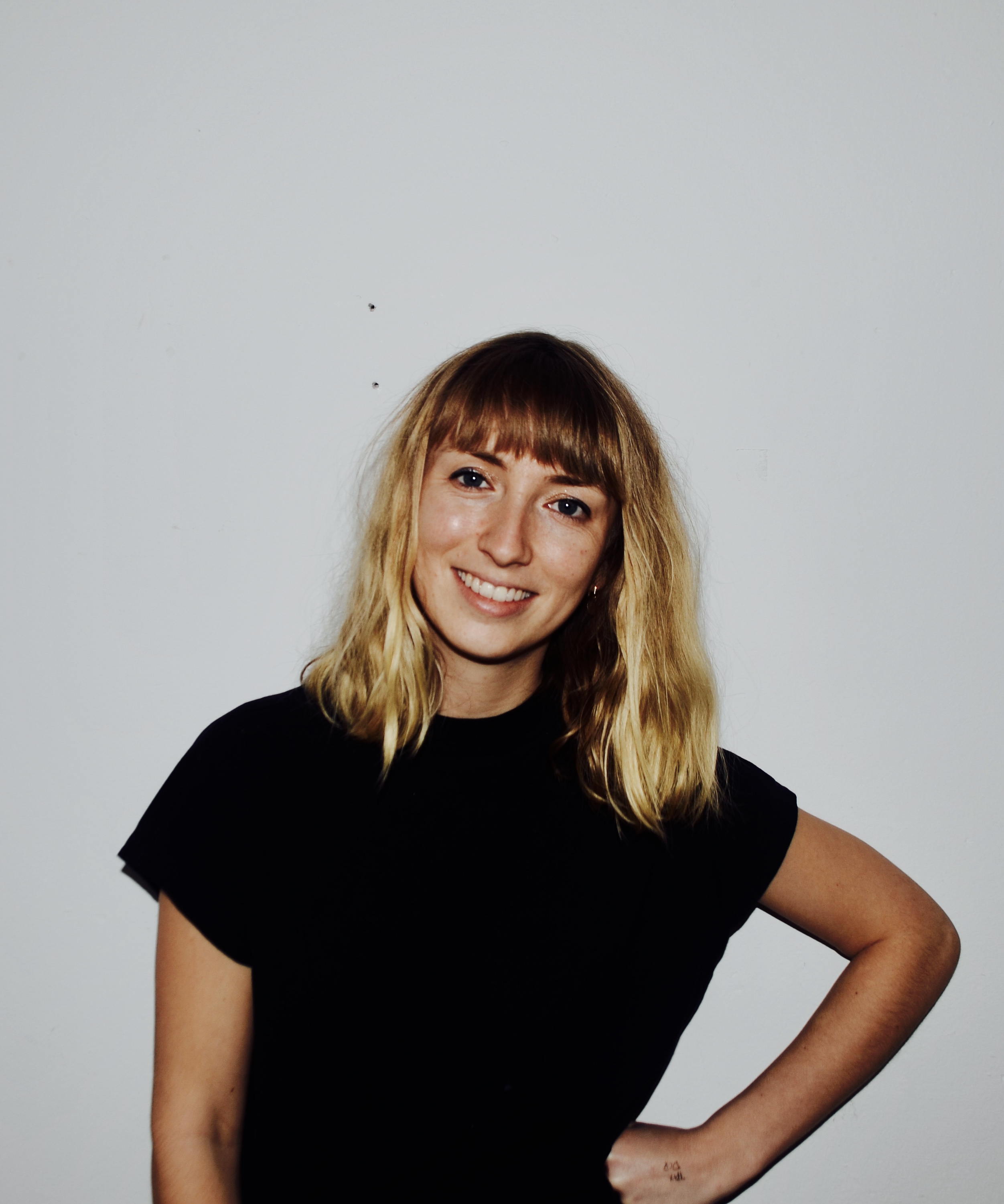
Alexandra Nizet studied at University College Maastricht (with a concentration in Life Sciences) from 2014 to 2018. She volunteered in a refugee camp and with an environmental organisation before obtaining a master’s in Global Health at University College London. She currently works for the humanitarian organisation Doctors of the World. As a communications officer, she aims to foster a better understanding of the refugee crisis from a humanitarian perspective.
Green office
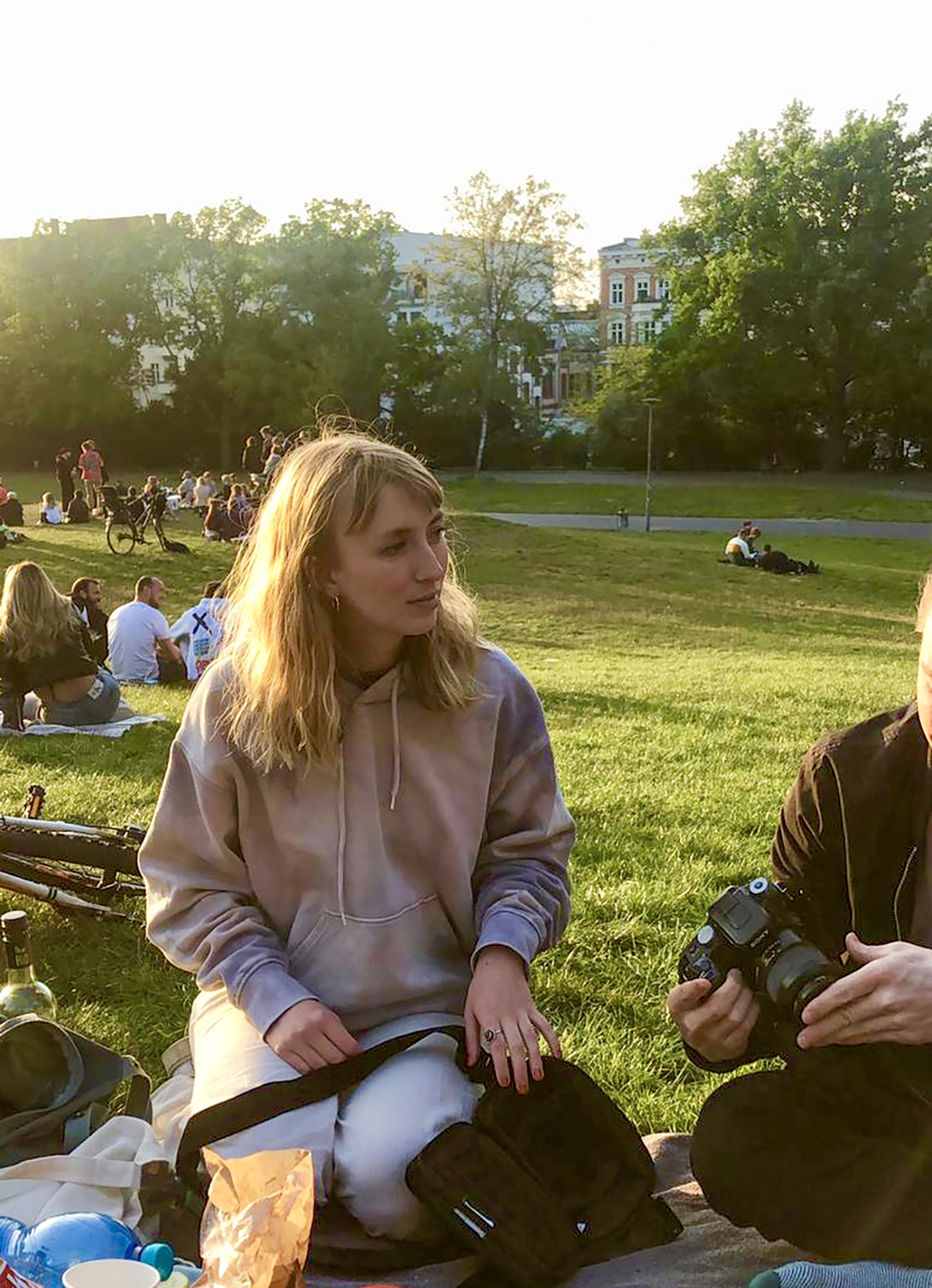
Looking back on her time in Maastricht, the first word that comes to mind is grateful. “It gave me a foundation on which to build my life. The education set me on the path towards a holistic approach to health. And I made friends there—many of my friends in Berlin are from that period or an extension of that network. It was a nice environment in which to discover myself.” Maastricht’s student culture helped a lot. “I enjoyed the many activist student organisations, such as the Green Office that I volunteered with. There was an open culture, where you could discuss issues and refine your views. Surprising, incidentally, when you consider that it’s quite a conservative region.”
Her advice for current UCM students? “When thinking about your future, try to break it up into smaller questions, a bit like Problem Based Learning. A dream job is nice, but not the most important thing. You have to think about the environment you want to work in. With whom and for whom? What topics excite you? What goals would you like to pursue? It’s about the total picture. Also think about the steps to take. They don’t have to be set in stone, as long as there’s a general direction. I didn’t know what I wanted for a long time, but I learned to think in small steps. Where would I want to find myself working and what influence do I want to have? Each little step adds up to a clear path. So start small and build your life up bit by bit.”
Text: Hans van Vinkeveen
Photography: Alexandra Nizet
Also read
-
Last year, Maastricht University further strengthened its profile in science and technology by launching a Bachelor in Computer Science. The response exceeded all expectations, with the first cohort of 300 students from all over the world starting the programme in September. “Computers and...
-
The healthcare sector is facing limited resources. Without smart innovation, quality of care is at risk for all patient groups. Jessica Storm, an alumna of the master’s programme Healthcare Policy Innovation and Management, researched the cost-effectiveness of fall prevention for one of the largest...
-
Were you absolutely cruising through your exams? Were you well prepared with plenty time to spare? Then Anique de Bruin’s work won’t change your life. But for everyone else, the Professor of Self-regulation in Higher Education has useful insights and tools. Together with a refugee scholar financed...
